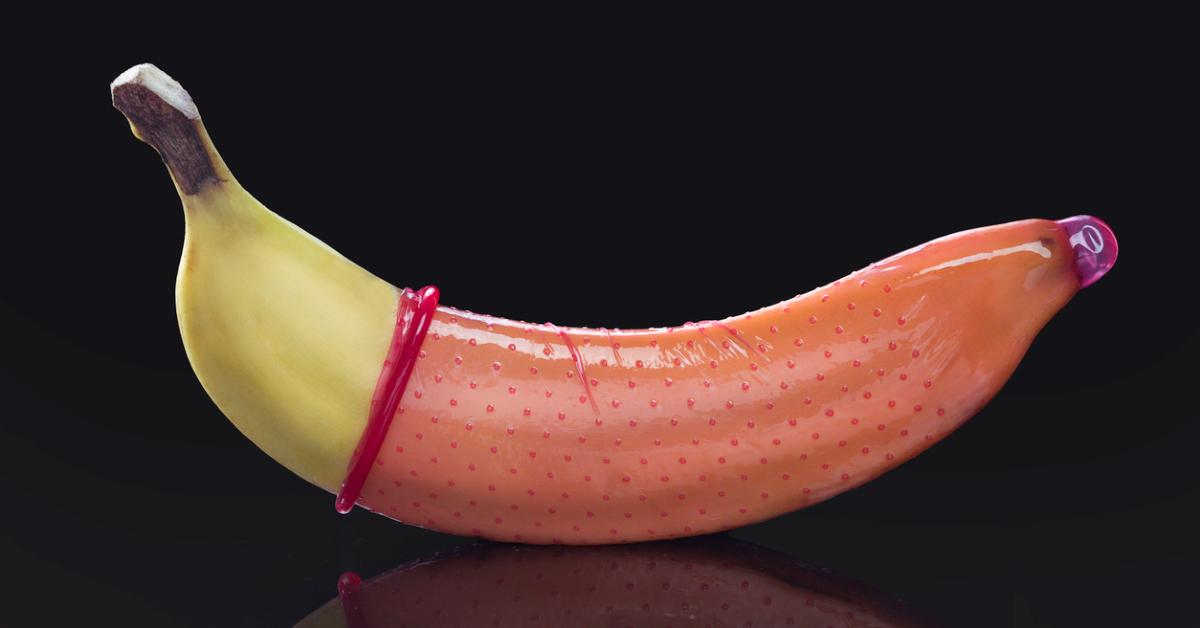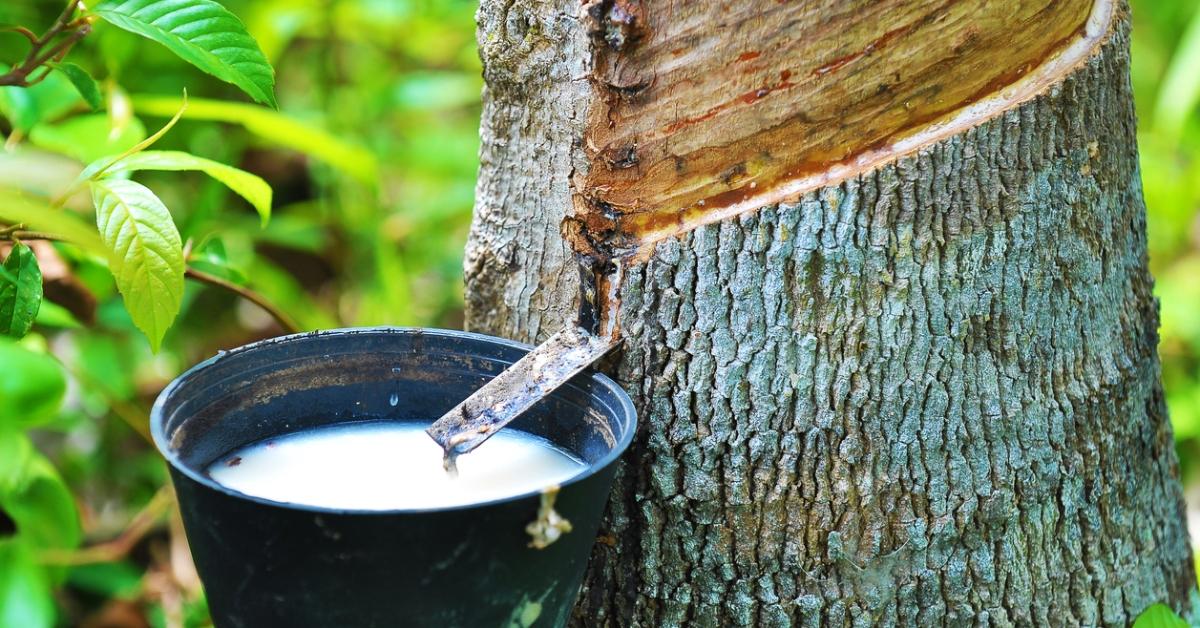Here's Why You Should Be Using Vegan Condoms, and Which Ones We Recommend
Published Dec. 7 2023, 1:44 p.m. ET

The Gist:
- Condoms have been made with animal byproduct ingredients since ancient times.
- Many modern latex condoms are made using casein, a milk protein.
- Vegan condoms can be made of latex (a plant-based material), but the smoothing casein bath process is eliminated.
- Since latex is a common allergen, other vegan condoms are made of polyurethane or polyisoprene.
- Brands like Here We Flo, Glyde, and Unique make eco-friendly vegan condoms.
You know what's hot, steamy, adrenaline-inducing, and deeply sensual? Using protection during after-hours activities! And here at Green Matters, we feel that vegan and sustainable condoms are just as much of a turn-on as, well, your nastiest fantasies.
For those unaware that you've possibly been wrapping your willy in animal byproducts, the ancient history of condoms involves animals, specifically sheep and goats.
According to a 2013 scholarly article, the ancient Romans used condoms composed of linen and animal intestine or bladder. Additionally, "sheaths made of fish and animal intestine dating to about 1640" were discovered in Dudley Castle in the U.K.
Animal byproducts are still utilized in the sexual wellness product industry today. That being said, vegan condom options do exist. Sit down, class, Vegan Sex Ed 101 is about to begin!

What are vegan condoms made out of?
Though lambskin condoms are still available, it's unlikely you're using them. For the most part, condoms are made of latex, polyurethane, or polyisoprene, as per the U.K.'s National Health Service. You've probably heard the latex variety nicknamed "rubbers," which implies that they're not made of animals.
According to the Asthma and Allergy Foundation of America, latex itself is "a protein found in the sap of a rubber tree grown in Africa and Southeast Asia."
Everything from balloons to catheters can be made using natural latex, which is a plant-based material.
But the production of latex condoms often includes casein, a primary milk protein and a major ingredient in cheese. Gynecologist Dr. Shawn Tassone, M.D., Ph.D., told MindBodyGreen that many latex condoms are put in a bath of casein for smoothing purposes. Naturally, this makes them non-vegan.
As for vegan condoms, they're usually made of the aforementioned materials: Polyurethane, a plastic material, or polyisoprene, an isoprene polymer that occurs naturally in rubber and gutta-percha, as per Merriam Webster. Polyisoprene can also be produced synthetically.
Vegan condoms can still be made of latex, but the dairy-dipping process is ditched.

Understandably, you may be wondering about the efficacy of vegan condoms, as they're not regularly talked about in mainstream media and sexual education. Though we always suggest talking to your doctor in these situations, Dr. Tassone relayed that "condoms are dependent on correct usage of the product."
"If used the way they are intended, both vegan and regular latex condoms have about 98 percent effectiveness against STIs and pregnancy," he continued.
Are vegan condoms better for the environment?
Regarding sustainability, there's usually not much of a difference between vegan and non-vegan condoms.
“Almost all condoms are made from latex or a latex derivative — stuff that takes forever to degrade," Matthew Nolan, co-author of the Oh Joy Sex Toy series, explained to New York Magazine. "The best thing you can aim for is a cruelty-free, considerate condom manufacturer.”
Sustainable sexual wellness company Here We Flo encourages people to "go vegan in the sheets" with its XO! Eco-Friendly Vegan Condoms. Coming in "ultra-thin" and "hi-sensation" varieties, these condoms are "made in a solar-powered factory, CO2-neutral and made with Righteous Rubber (Fair Agroforestry Latex)," according to the company site.
Here We Flo is a founding member of the Regenerative Rubber Initiative. "This means the rubber is sustainably harvested from rubber trees by a cooperative of small agroforesters who earn fair wages and practice biodiverse, sustainable farming of rubber trees."
The biodegradable XO! condoms are also free of nitrosamines, spermicide, parabens, and glycerin, all of which can cause irritation.
Glyde is another popular vegan alternative, as the certified B Corporation proudly asserts that it released the "world's first certified non-toxic, ethical, and fair-trade condom."
Certified by The Vegan Society, PETA's Caring Consumer Program, Ethiquette, and the Green Business Network, Glyde's wide range of condoms are also cruelty-free and free of glycerin, parabens, and talc.
What are the best non-latex vegan condoms on the market?
Unfortunately, latex is a common allergen, as is the silicone oil lubricant in the XO! condoms. For those with sensitive skin and/or allergies, Zoë Ligon from Spectrum Boutique recommended Unique's latex-free condoms, which are made of synthetic polyethylene resin. The brand claims this material is "three times stronger than standard latex."
“In general, latex-free condoms are more hypoallergenic and cause fewer reactions for people,” she told New York Magazine.
Unique's entire brand strategy seems to worship the concept of "ultra-thin," as it claims to make "the world's thinnest latex-free condom," and uses thin, discreet, and lightweight packaging, which is pretty darn sexy for the planet.